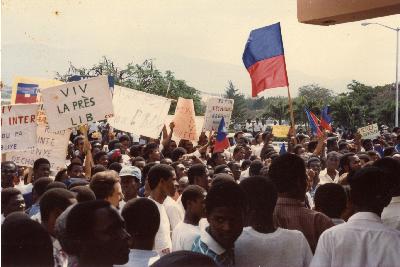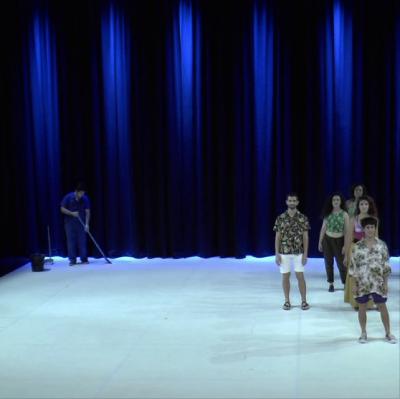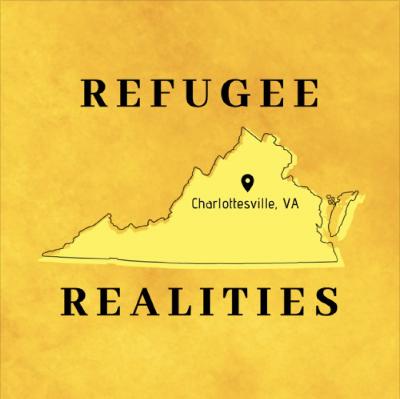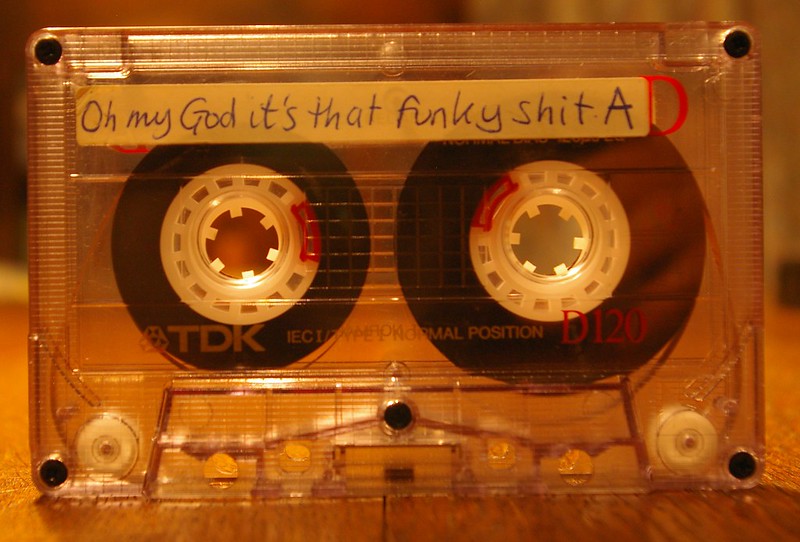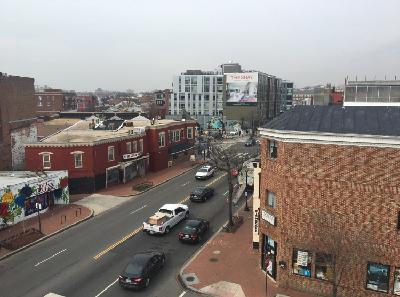Singing Cowboys and Musical Podcasters: Defining Country Music Through Public History
Description
<figure class="aligncenter size-large">
 </figure>
</figure>“Grrrr. . .Nudie Suit” (2006) by Flicker User Romana Klee ShareAlike 2.0 Generic License (CC BY-SA 2.0)
<figure class="alignleft is-resized">
In advance of International Podcast Day on 30 September, Sounding Out! finishes a series of posts exploring different facets of the audio art of the podcast, which we have been putting into those earbuds since 2011. Past posts have examined Gimlet Media’s Fiction Podcast Homecoming, Amanda Lund’s The Complete Woman? Podcast Series, and how podcasts position listeners as “stoic.” Today’s entry examines how country music podcasts do–or do not–consider the sound of the music itself in their episodes. Enjoy! –JS
If you’re a country music fan, you might be aware of the genre’s central contradiction: for all the references to classic, traditional, “real” country music, most of this music has not been preserved. The genre’s history is disappearing. Many of country music’s best recordings will never make it to digital archives or streaming services, save for a few generous YouTubers who upload their personal record collections for public enjoyment. Just try to find Stoney Edwards’ 1971 classic Down Home in the Country or Patti Page’s 1951 collection Folk Song Favorites on the streaming platform of your choice. These albums didn’t even make it to CD.
Books about country music history are even more rare, and some of the most insightful publications are long out of print. If you’re lucky enough to score a copy of Philip Self’s Guitar Pull: Conversations with Country Music’s Legendary Songwriters, for instance, the book will set you back over $70. A search of the nation’s university libraries reveals just four copies available in the entire United Sates.
Within the academic world, though, a new generation of scholars is bringing country history to the forefront, all while complicating the inaccurate racialized mythos perpetuated by the industry. Among other exciting work, Amanda Marie Martinez recently published on the intersection of punk and country in Reagan-era Southern California, and Francesca Royster has an innovative piece of the power of country artist Valerie June (and dropping new book in October 2022 called Black Country Music: Listening for Revolutions!) . The recent essay collection The Honky Tonk on the Left brings together a diverse cast of professors to challenge the received wisdom that the genre is solely home to political conservatism.
<figure class="alignright size-large is-resized">
 </figure>
</figure>Beyond traditional academic channels, podcasting offers a new way of studying music history. The medium is both popular with the general public and tailor-made for sonic analysis. One of the best examples comes from Cocaine and Rhinestones, a podcast about the history of twentieth century country music. Hosted by Tyler Mahan Coe, the show examines forgotten or misunderstood country history while placing this history within the structural contexts of gender, race and class. Episode 2 of Season 1 breaks down country radio’s sexist gatekeeping, for example. Episode 7 of the first season covers Linda Martell, the first black woman to perform on the Grand Ole Opry, along with the racist label head who kick started her career. In Episode 3 of Season 2, Coe bluntly explains how the “sounds we associate with country music came from poor people working out techniques to produce art on cheap, low quality, often damaged, sometimes straight-up broken instruments.”
The obvious advantage of podcasting as a medium for telling music history is that you can listen to a given song as it’s being discussed. Traditionally, a music fan had to read a book or article, then go track down whatever recordings were discussed. Prior to the internet, this could easily be a multi-year endeavor of parsing through record stores, flea markets and garage sales. Now a fan can search for a song right after they read about it, and with a podcast like Cocaine and Rhinestones that research is already done.
In his 2014 SO! piece, “DIY Histories: Podcasting the Past”, Andrew Salvati argues that “podcasting can help us conceptualize an alternate cultural model of history – one that invites reconsideration of what counts as historical knowledge and interpretation, and about who is empowered to construct and access historical discourse.” While this DIY approach does not overturn elite control over podcasting, it opens space for history as an oral tradition, one which is more intimate and more empowering to listeners than, say, a university lecture or a high-budget, corporately sponsored program. Cocaine and Rhinestones is as DIY as a podcast can be; Coe writes, records and edits every episode himself.
The show’s power is most evident when compared to other recent attempts to bring country music history to a general audience. These popular histories tend to avoid critical analysis of the genre, repeating official narratives without scrutinizing how these narratives became official in the first place.
<figure class="aligncenter size-large">
 <figcaption class="wp-element-caption">Guitar against Marty Robbins Nudie suit
<figcaption class="wp-element-caption">Guitar against Marty Robbins Nudie suitNorth Hollywood, California, USA, 1982,
Image by Flickr User Bill Vriesma, (CC BY-NC-ND 2.0)</figcaption></figure>
One example is Ken Burns’s PBS series Country Music (2019). Working with some of the biggest stars in the business, the documentary is more or less a retelling of long-known stories. Despite its $30 million budget, the series doesn’t manage to break new ground, all while smoothing over more complicated portraits for the sake of narrative ease.
<figure class="wp-block-embed is-type-video is-provider-youtube wp-block-embed-youtube wp-embed-aspect-16-9 wp-has-aspect-ratio">
The documentary’s most glaring failure is its treatment of race. As Kimberly Mack observes in her article “She’s A Country Girl All Right,” the first episode focuses “exclusively on the black and white origins of country, instead of the racism that obscured this shared history.” Even though the documentary interviews Rhiannon Giddens, an acclaimed musician and expert on the racist obfuscation of country music’s black roots, the documentary employs selective editing and voice-over narration to avoid confronting how these black roots continue to be ignored. Acknowledging the importance of figures such as DeFord Bailey, for example, the first person to perform on the Grand Ole Opry and the first musician to ever record in Nashville, is important, but a simple acknowledgment does not explain how the contributions of such a crucial figure are suppressed through an inaccurate racialized conception of the genre’s history.
<figure class="alignrigh


